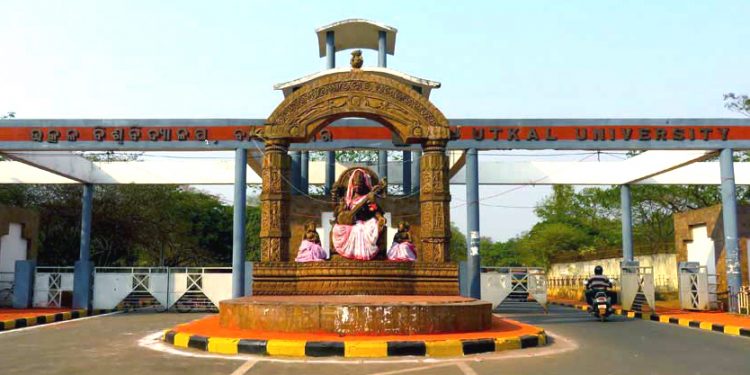Bhubaneswar: The System of Air Quality & Weather Forecasting and Research (SAFAR) jointly developed by Utkal University, IITM-Pune and India Meteorological Department (IMD) gained international commendation, an official source informed Thursday.
Research findings of SAFAR project has been included in a research paper titled as “India’s maiden air quality forecasting framework for megacities of divergent environments: The SAFAR-project” were recently published online in the peer-reviewed international Elsevier Journal ‘Environmental Modeling and Software’.
Also read: Odisha Govt authorises pharmacists to dispense medicines in absence of doctors
According to the source, SAFAR is India’s first framework for air quality forecast. The framework is presently in use for making air quality forecasts in Delhi, Mumbai, Pune and Ahmedabad cities. It was earlier approved under the National Clean Air Programme (NCAP) and developed with support of Union Ministry of Earth Sciences.
Research paper published in Elsevier Journal also mentioned, “The most dominating emission source of PM2.5 is transportation, whose share is found to be 41 per cent in Delhi, followed by 40 per cent in Pune, 35 per cent in Ahmedabad and 31 per cent in Mumbai.”
SAFAR was the brain-child of former Secretary of Ministry of Earth Sciences and presently Director, NIAS (IISc), Dr Shailesh Nayak, who foresaw its worthiness and conceived it 12 years ago when air quality issues have occupied the centre stage in recent years.
“The high population density due to rapid urbanisation is the main reason, which directly or indirectly drives the PM2.5 emissions in all these four metropolises,” the NIAS chief Nayak elaborated.
The findings are meant for citizens, decision-makers and researchers and forecast the quality of air in these four metropolises, which can provide a major boost for air quality forecasting across other cities.
PNN






































